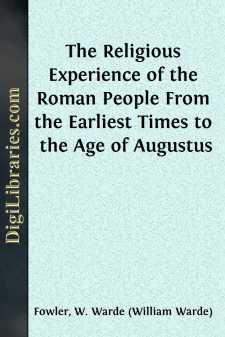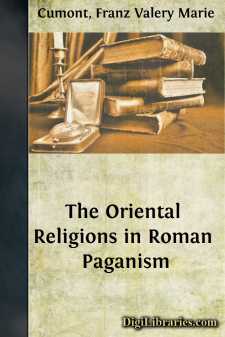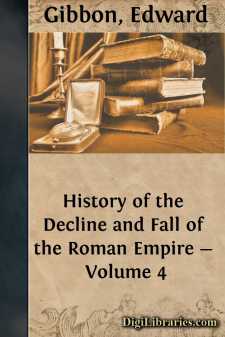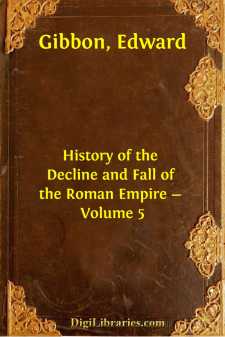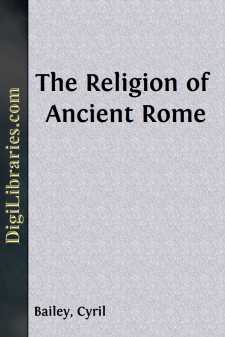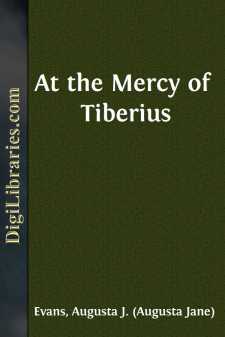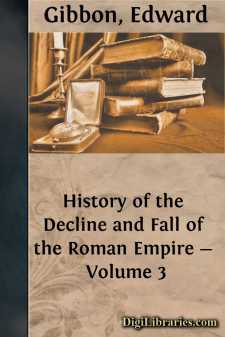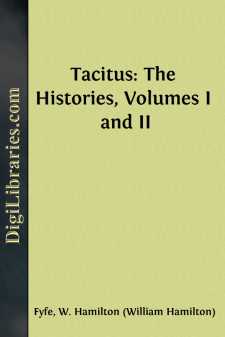Categories
- Antiques & Collectibles 13
- Architecture 36
- Art 48
- Bibles 22
- Biography & Autobiography 813
- Body, Mind & Spirit 142
- Business & Economics 28
- Children's Books 17
- Children's Fiction 14
- Computers 4
- Cooking 94
- Crafts & Hobbies 4
- Drama 346
- Education 46
- Family & Relationships 57
- Fiction 11829
- Games 19
- Gardening 17
- Health & Fitness 34
- History 1377
- House & Home 1
- Humor 147
- Juvenile Fiction 1873
- Juvenile Nonfiction 202
- Language Arts & Disciplines 88
- Law 16
- Literary Collections 686
- Literary Criticism 179
- Mathematics 13
- Medical 41
- Music 40
- Nature 179
- Non-Classifiable 1768
- Performing Arts 7
- Periodicals 1453
- Philosophy 64
- Photography 2
- Poetry 896
- Political Science 203
- Psychology 42
- Reference 154
- Religion 513
- Science 126
- Self-Help 84
- Social Science 81
- Sports & Recreation 34
- Study Aids 3
- Technology & Engineering 59
- Transportation 23
- Travel 463
- True Crime 29
Sort by:
ROOSEVELT AS MAN OF LETTERS In a club corner, just after Roosevelt's death, the question was asked whether his memory would not fade away, when the living man, with his vivid personality, had gone. But no: that personality had stamped itself too deeply on the mind of his generation to be forgotten. Too many observers have recorded their impressions; and already a dozen biographies and memoirs have...
more...
PREFACE Lord Gifford in founding his lectureship directed that the lectures should be public and popular, i.e. not restricted to members of a University. Accordingly in lecturing I endeavoured to make myself intelligible to a general audience by avoiding much technical discussion and controversial matter, and by keeping to the plan of describing in outline the development and decay of the religion of...
more...
INTRODUCTION. THE SIGNIFICANCE OF FRANZ CUMONT'S WORK. Franz Cumont, born January 3, 1868, and educated at Ghent, Bonn, Berlin, and Paris, resides in Brussels, and has been Professor in the University of Ghent since 1892. His monumental work, Textes et monuments figurés relatifs aux mystères de Mithra, published in 1896 and 1899 in two volumes, was followed in 1902 by the separate publication,...
more...
CHAPTER I. ~~ THE STORY OF ROMULUS AND OF NUMA. Æneas of Troy, coming to the land of Italy, took to wife Lavinia, daughter of King Latinus, and built him a city, which he called Lavinium, after the name of his wife. And, after thirty years, his son Ascanius went forth from Lavinium with much people, and built him a new city, which he called Alba. In this city reigned kings of the house and lineage of...
more...
by:
Edward Gibbon
Chapter XXXIX: Gothic Kingdom Of Italy.—Part I. Zeno And Anastasius, Emperors Of The East.—Birth,Education, And First Exploits Of Theodoric The Ostrogoth.—His Invasion And Conquest Of Italy.—The Gothic Kingdom OfItaly.—State Of The West.—Military And Civil Government.—The Senator Boethius.—Last Acts And Death Of Theodoric. After the fall of the Roman empire in the West, an interval of...
more...
by:
Edward Gibbon
Chapter XLIX: Conquest Of Italy By The Franks.—Part I. Introduction, Worship, And Persecution Of Images.—Revolt OfItaly And Rome.—Temporal Dominion Of The Popes.—ConquestOf Italy By The Franks.—Establishment Of Images.—CharacterAnd Coronation Of Charlemagne.—Restoration And Decay Of TheRoman Empire In The West.—Independence Of Italy.—Constitution Of The Germanic Body. In the...
more...
by:
Cyril Bailey
CHAPTER I INTRODUCTION—SOURCES AND SCOPE The conditions of our knowledge of the native religion of early Rome may perhaps be best illustrated by a parallel from Roman archæology. The visitor to the Roman Forum at the present day, if he wishes to reconstruct in imagination the Forum of the early Republic, must not merely 'think away' many strata of later buildings, but, we are told, must...
more...
CHAPTER I. "You are obstinate and ungrateful. You would rather see me suffer and die, than bend your stubborn pride in the effort to obtain relief for me. You will not try to save me." The thin, hysterically unsteady voice ended in a sob, and the frail wasted form of the speaker leaned forward, as if the issue of life or death hung upon an answer. The tower clock of a neighboring church began...
more...
by:
Edward Gibbon
Chapter XXVII: Civil Wars, Reign Of Theodosius.—Part I. Death Of Gratian.—Ruin Of Arianism.—St. Ambrose.—FirstCivil War, Against Maximus.—Character, Administration, AndPenance Of Theodosius.—Death Of Valentinian II.—SecondCivil War, Against Eugenius.—Death Of Theodosius. The fame of Gratian, before he had accomplished the twentieth year of his age, was equal to that of the most...
more...
INTRODUCTION Tacitus held the consulship under Nerva in the year 97. At this point he closed his public career. He had reached the goal of a politician's ambition and had become known as one of the best speakers of his time, but he seems to have realized that under the Principate politics was a dull farce, and that oratory was of little value in a time of peace and strong government. The rest of...
more...



